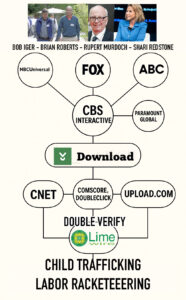On June 6, 2025, England's High Court made headlines as it warned lawyers that they could face legal consequences for citing false material produced by artificial intelligence in court documents. This caution follows the discovery of instances where fictitious quotes and rulings were incorporated into legal arguments, raising concerns about the integrity of the judicial system.
During a notable intervention, Judge Victoria Sharp, alongside Judge Jeremy Johnson, reported on two specific cases that highlighted this troubling trend. In the first case, a plaintiff and his attorney admitted their reliance on A.I. tools that provided “inaccurate and fictitious” content in a lawsuit against two financial institutions, which the court dismissed last month. The second instance involved a lawyer who was unable to provide clarity on the origin of several non-existent cases that formed part of their client’s defense against a local council.
Judge Sharp invoked rarely used powers intended for court regulation to underline the urgency of addressing A.I. misuse, acknowledging the potential harm to public trust and the justice system. “There are serious implications for the administration of justice and public confidence in the justice system if artificial intelligence is misused,” she remarked, warning that lawyers using deceitful A.I.-generated materials could face criminal charges or disbarment.
As the legal community grapples with the implications of artificial intelligence, this warning serves as a critical reminder of the importance of verifying information, ensuring the accuracy of legal documents, and upholding the integrity of the judicial process.























